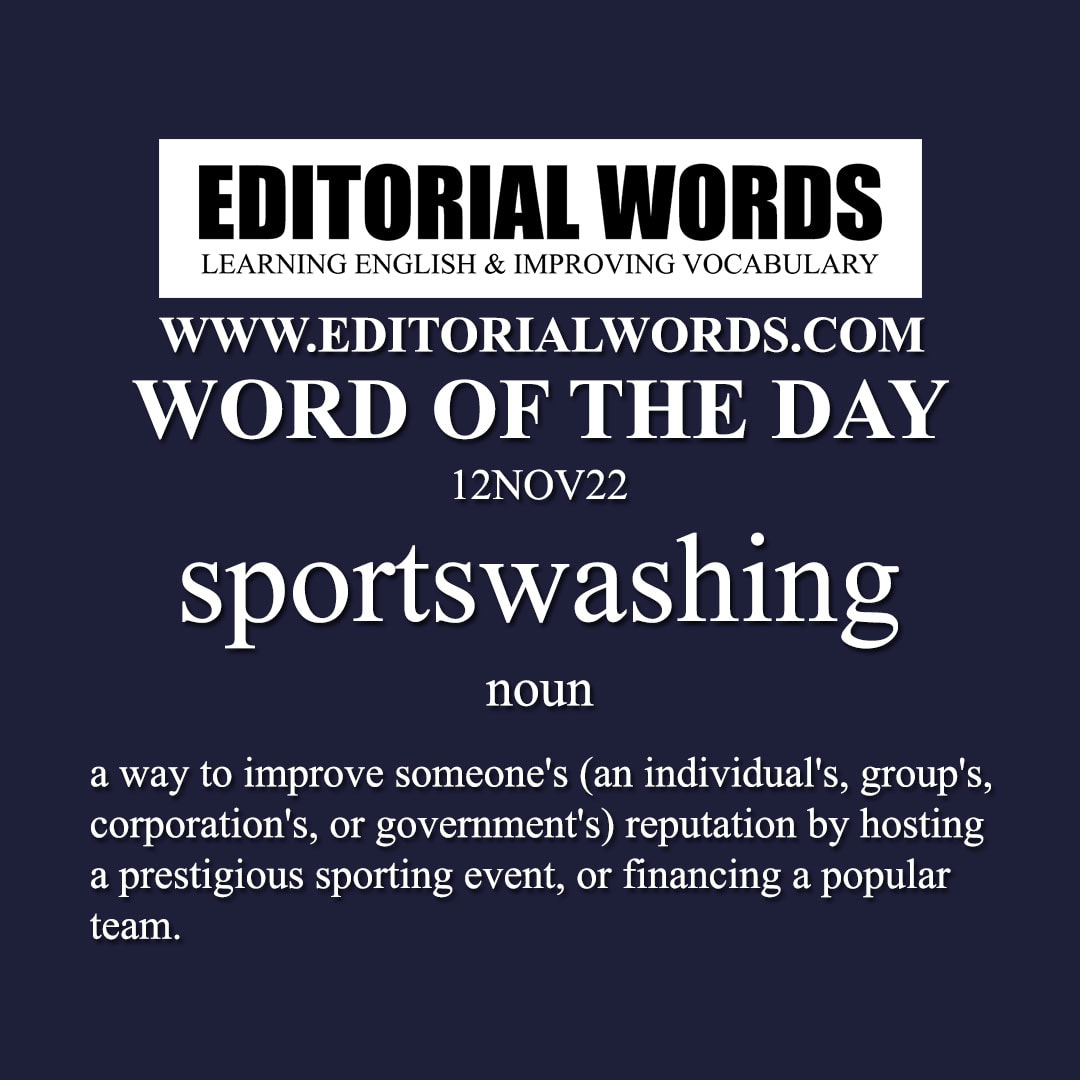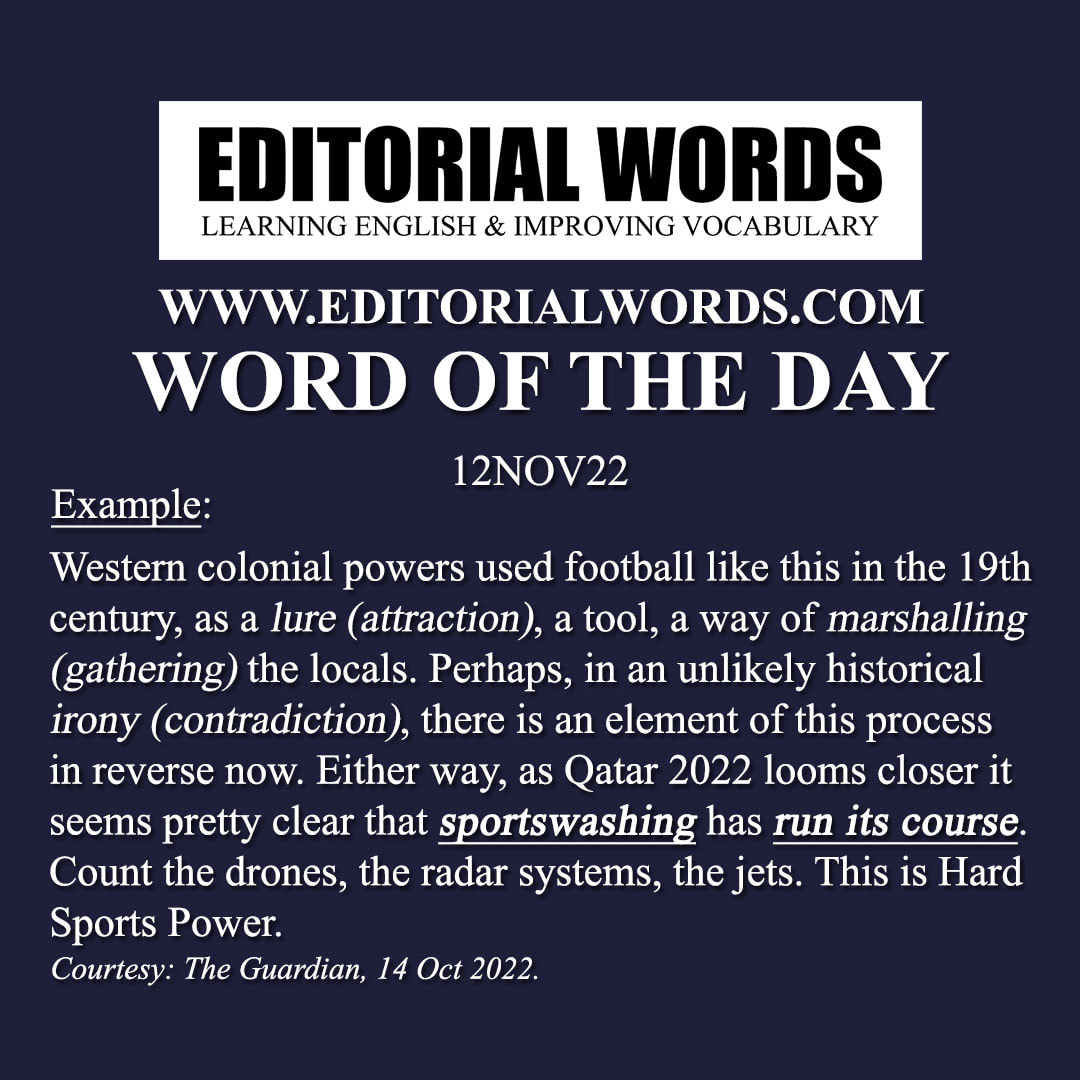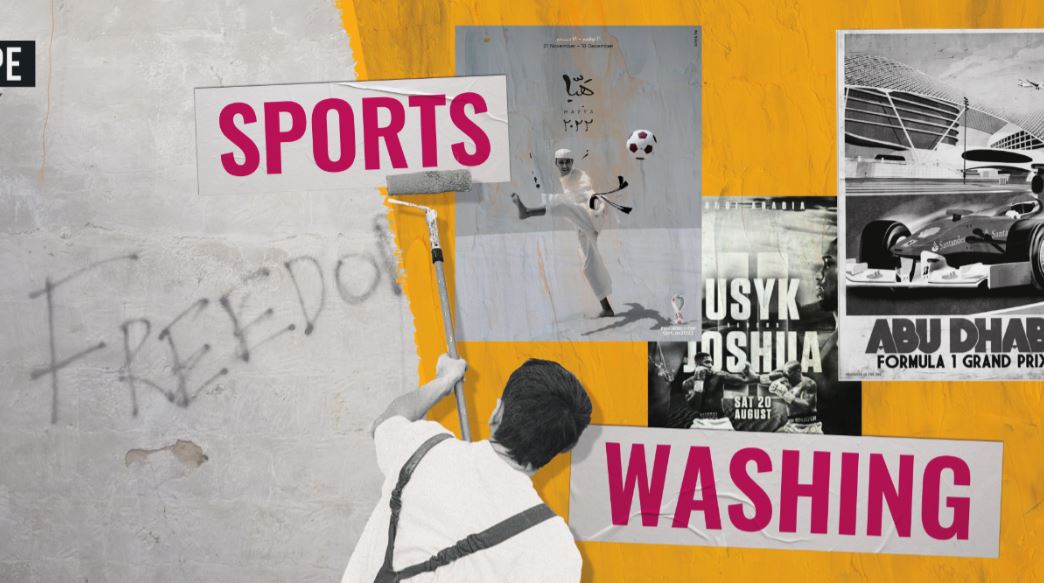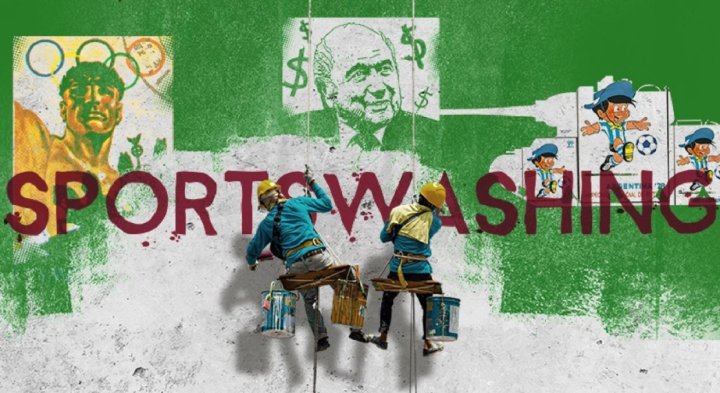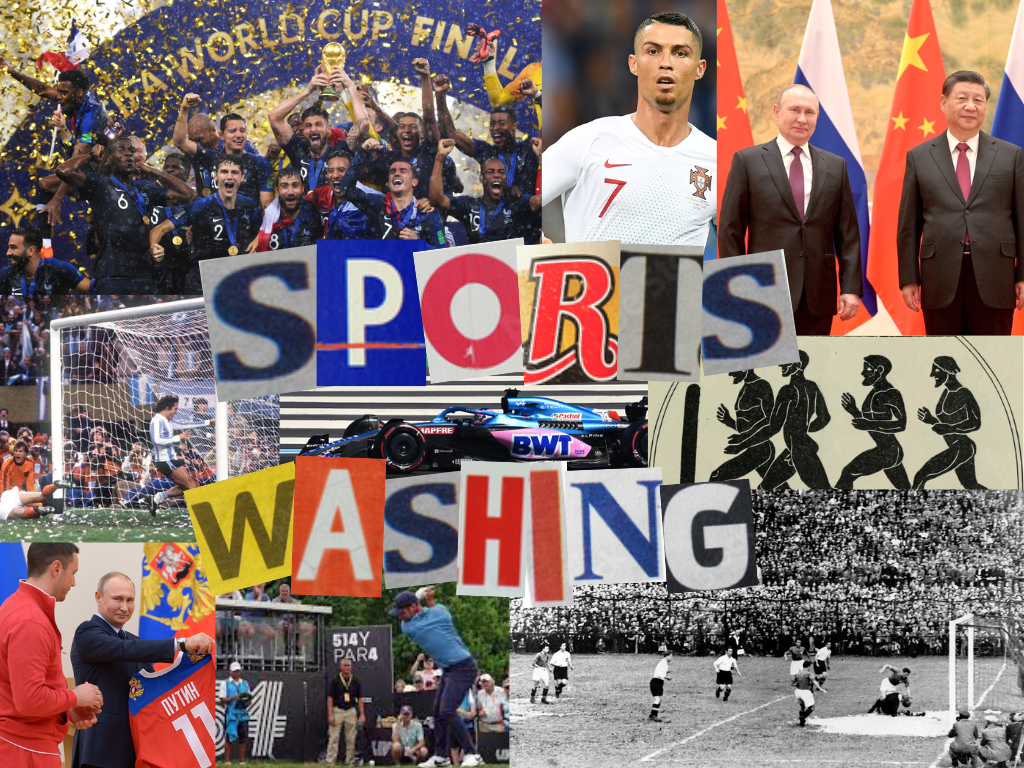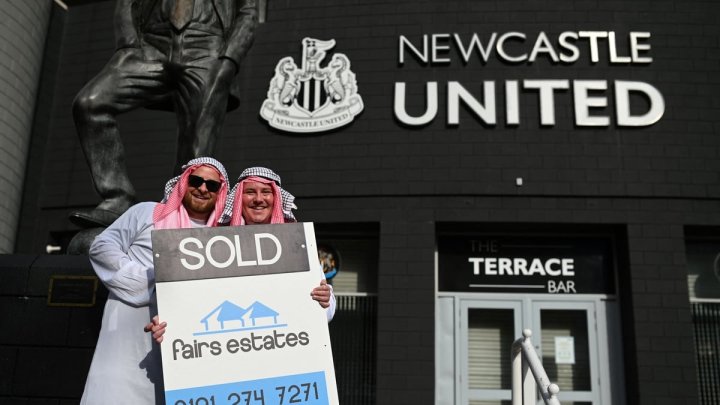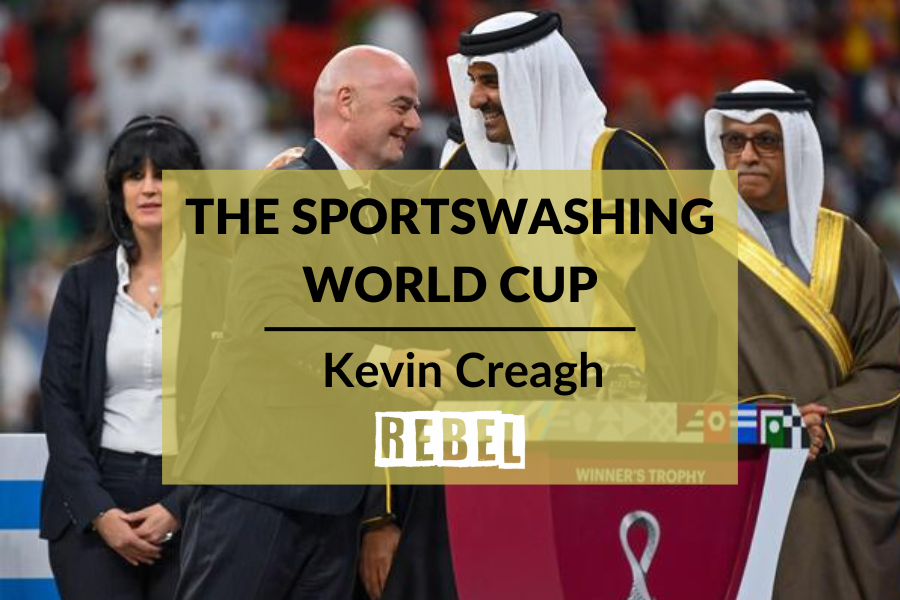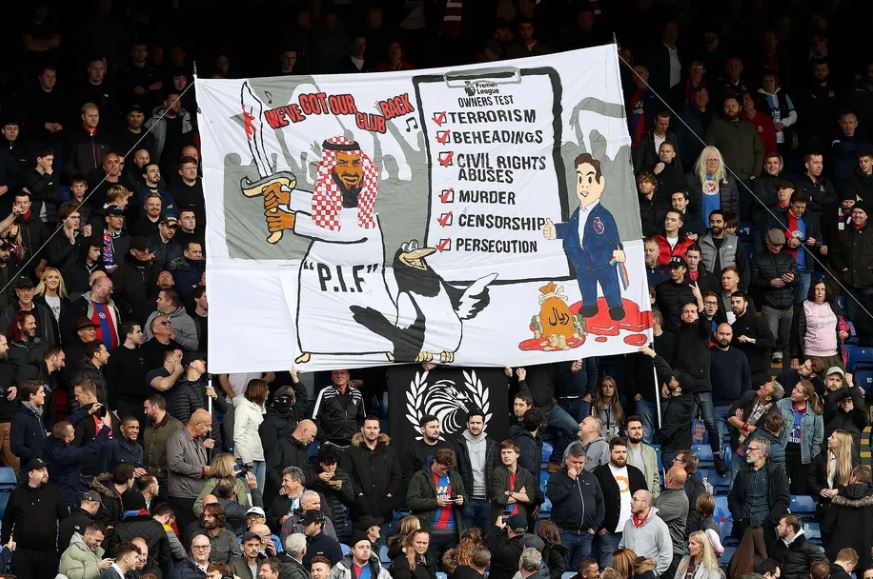16.07.2023
Sportswashing Is Everywhere, but It’s Not New
Regimes have been using sports to burnish their images or distract from their problematic behavior for centuries. Sportswashing, the use of an athletic event by an individual or a government, a corporation, or another group to promote or burnish the individual's or group's reputation, especially amid controversy or scandal. The term was coined in 2015 as a portmanteau of sports and whitewash to describe Azerbaijan’s use of the European Games to divert international attention away from concerns over human rights in the country. It came into popular use about 2018, when Amnesty International began using it to draw attention to the correlation between the decline of human rights in Russia in the 2010s and Russia’s hosting of the Sochi 2014 Olympic Winter Games and the 2018 World Cup. The term counters the notion of sports competitions as apolitical and instead suggests that such contests often benefit governments that engage in unsavory policies. Since then, accusations of sportswashing have been leveled against a number of events hosted by authoritarian governments, such as the Beijing 2022 Olympic Winter Games, which were held against the backdrop of the Chinese Communist Party’s systemic abuses of the Muslim Uyghurs in the Uygur Autonomous Region of Xinjiang. Qatar likewise tried to put on a positive face for the 2022 World Cup despite a troubling human rights record, which included the extensive exploitation and abuse of migrants in preparation for the tournament. Moreover, the launch that same year of the LIV Golf series—which has included some of the game’s biggest stars, such as Phil Mickelson—also drew controversy, as its sponsor, Saudi Arabia, was accused of sportswashing its human rights violations. Credit: NOW THIS
Poverty deprives people of adequate education, health care and of life's most basic necessities- safe living conditions (including clean air and clean drinking water) and an adequate food supply. The developed (industrialized) countries today account for roughly 20 percent of the world's population but control about 80 percent of the world's wealth.
Poverty and pollution seem to operate in a vicious cycle that, so far, has been hard to break. Even in the developed nations, the gap between the rich and the poor is evident in their respective social and environmental conditions.
Poverty and pollution seem to operate in a vicious cycle that, so far, has been hard to break. Even in the developed nations, the gap between the rich and the poor is evident in their respective social and environmental conditions.
